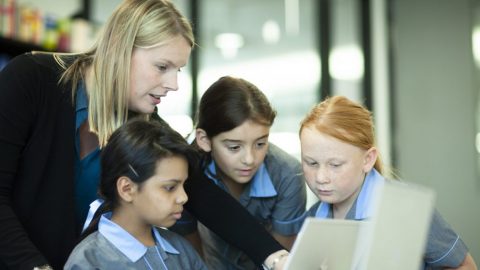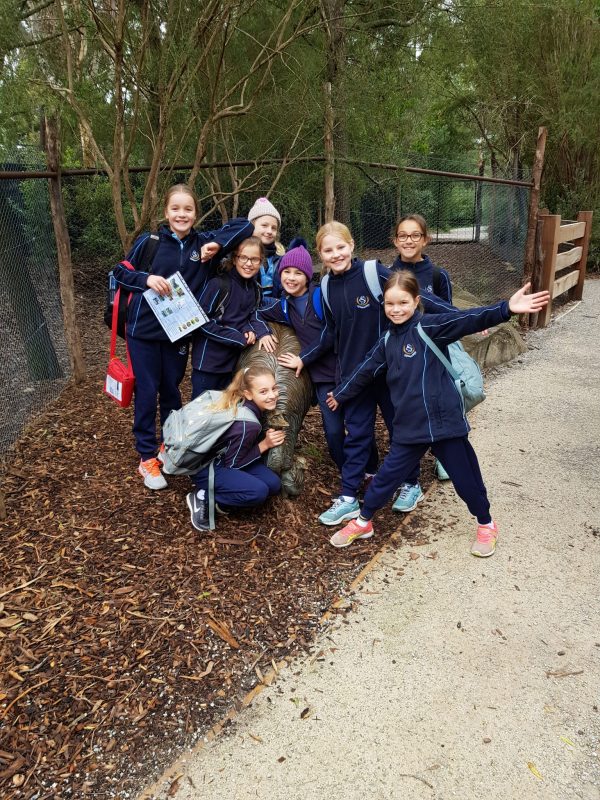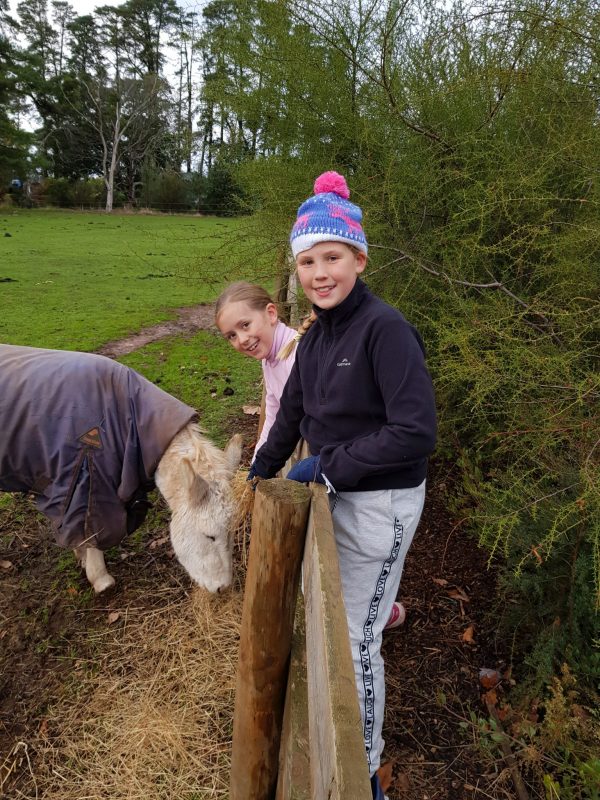Managing Disappointment

We all experience the feeling of disappointment in our lives, often on a regular basis. It might be disappointment in ourselves for not doing better, disappointment in others that they did not live up to an expectation or disappointment that we missed out on something, such as a new role.
Learning to deal with disappointment can be very difficult for young children as they learn to deal with their emotions. Joseph and Strain, from the Centre on Evidence Based Practices for Early Learning, state that ‘Children who learn to cope with their emotions constructively have an easier time with disappointments, aggravation, and hurt feelings’. They explain that when a child feels disappointment a ‘dynamic engagement of affective, cognitive and behavioural processes’ takes place simultaneously. Not only does the child have to recognise that they are upset, they need to engage in the thought process of calming down and then enacting behaviours to actually calm down, such as taking a deep breath or counting slowly to 10.
Recognising their own emotions and learning how to self-regulate are needed before children can deal with relationships, such as friendships, which rely on emotional literacy – ‘being able to recognise and adapt to the feelings of other people, whilst at the same time, learning how to manage and express one’s own emotions effectively. This is helpful for developing good communication skills and the enhancement of our relationships with other people.’ (Wikipedia)
Joseph and Strain say that ‘teachers and parents can help children by identifying and intervening with children who need extra help in developing these competencies.’ They recommend always modelling ‘remaining calm’ and ‘preparing children for disappointing situations before they occur’. There are many such cases in the school setting such as not being chosen for a team, not getting a leadership role, missing out on a top score or not being chosen first. This is particularly relevant when there may be many worthy people for the positions and the competition is high.
While as parents we all want the best for our children and for them to have every opportunity, sometimes there will be disappointment. If 25 students have nominated for two positions, disappointment for 23 students is guaranteed. That is not to say the 23 disappointed students are not worthy. The good thing about school is that there are usually many opportunities for students to be chosen for positions across the 13 years of schooling.
Responses such as “Oh well, maybe next time”, “You tried really hard for that position, I am proud of you” or “Keep trying, learning and improving and you will increase your chances” are good affirmations for their self-concept and to ground them in reality.
Blaming others for disappointment shifts the responsibility in the mind from one person to another. The blame might be directed at the person who got the role, position or top score or it might be directed at the selectors, the coach, the teacher, the test or the process. While this might feel good, it has its disadvantages. By moving the responsibility, it can also move the power, making the student believe that they have no power over situations, their likelihood to be chosen or their ability to compete. Golden (2018) states that “blaming others contributes to feelings of helplessness and powerlessness.” The result can be that they stop trying, believing that no matter what they do it will never happen for them.
The important focus in the primary years is on growing and developing a well-balanced child. While there will be some disappointments at school, it is a safe place where they can experience, learn, develop, and grow in preparation for the rest of their lives. Learning how to deal with disappointment and manage their emotions in the early years of schooling will equip them with emotional literacy elements for a lifetime.
References:
- csefel.vanderbilt.edu/modules/module2/handout7.pdf
- tps://en.wikipedia.org/wiki/Emotional_literacy
- https://www.psychologytoday.com/us/blog/overcoming-destructive-anger/201811/7-consequences-blaming-others-how-we-manage-anger
Ms Karen McArdle, Head of Junior School
Year 5 Update
The Year 5 cohort have enjoyed a very busy Term 2 with outstanding displays of effort and achievement from all the girls. After completing three days of NAPLAN testing, it was time to polish up and prepare for the Junior School musical, Mary Poppins JR. With three days of intense rehearsals, the excitement was building for the first performance in front of an audience. Once the curtain opened for the evening and matinee shows, the girls’ hard work came together to produce something that was “practically perfect”. Being part of the Junior School musical gives the girls great opportunity to learn from experienced choreographers and to work together to achieve a common goal, which they most certainly did.
After the musical, it was time to depart for Year 5 camp at Gundiwindi Lodge in Silvan. Once on the bus, we headed for the Healesville Sanctuary where there was much to see and experience. The Spirits of the Sky show was certainly memorable and appropriately linked to the girls’ learning of animal adaptations in STEM (Science, Technology, Engineering and Mathematics). From Healesville, it was then on to Gundiwindi Lodge. The weather over the four days may not have been at its finest, however, it did not impede on the fun and adventure of the camp. The activities provided something for all to enjoy, from the thrill of the flying fox and the giant swing, to the quieter joys of cooking damper on an open fire and learning about the natural ecosystem of the bush. The girls worked together to make the camp memorable, with countless displays of perseverance, resilience, cooperation and encouragement. Despite being away from the classroom for much of the time, the learning over the past three weeks has been invaluable and full of enriching experiences for the Year 5 girls.
-

Mia Upton, Sage Prior, Alexandra Mirabella, Kristin Dodd, Amity Morris, Finn McCarthy, May Sutton and Paloma Gattino at Healesville Sanctuary.
-

Chloe Thomas and Clover Oxley feeding the donkey at Gundiwindi Lodge.


